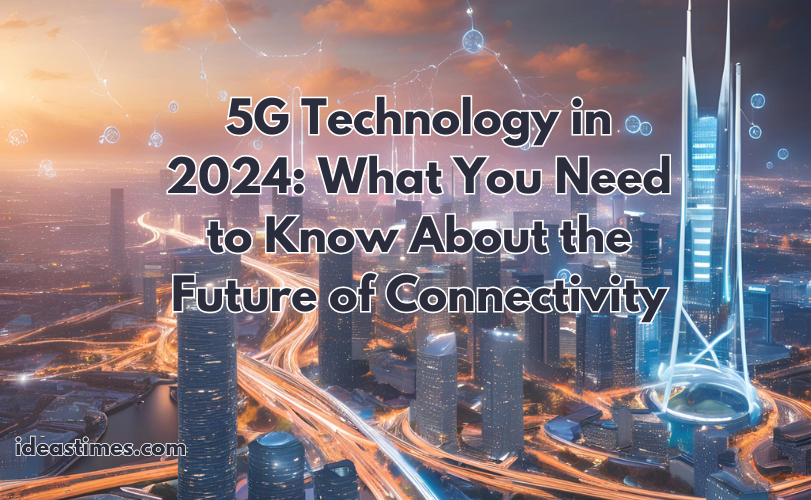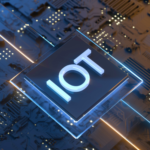As 2024 unfolds, 5G technology continues to revolutionize the way we connect. This next-generation wireless network is not just faster, but it also brings unprecedented possibilities. It’s essential to understand how 5G technology is shaping the future of connectivity.
The Speed and Efficiency of 5G Technology
One of the most significant advantages of 5G technology is speed. With download speeds up to 100 times faster than 4G, 5G makes buffering and lagging a thing of the past. Whether you’re streaming high-definition videos or playing online games, the experience is seamless.
Moreover, 5G technology drastically reduces latency. This means that data is transmitted almost instantaneously, which is crucial for applications like autonomous vehicles and remote surgery. The efficiency of 5G networks is not limited to speed alone. They also handle a higher number of connected devices, making them ideal for smart cities and the Internet of Things (IoT).
Impact of 5G on Business and Industry
Businesses are set to benefit enormously from 5G technologies. The improved speed and reliability will enhance communication and collaboration, especially in remote work environments. For industries, 5G technology enables automation on a new scale. From manufacturing to logistics, the ability to connect more devices with minimal delay leads to more efficient operations.
Additionally, 5G is set to revolutionize customer experiences. With the ability to handle high volumes of data, companies can offer personalized services, interactive experiences, and faster customer support. The retail, healthcare, and entertainment sectors are just a few examples of industries that will experience a transformation due to 5G technologies.
5G and the Future of Smart Cities
Smart cities rely heavily on 5G technology. The network’s ability to connect countless devices ensures that everything from traffic lights to home appliances can communicate seamlessly. This connectivity allows for more efficient energy use, better traffic management, and improved public safety.
In addition, 5G supports the deployment of smart grids, which are essential for sustainable energy management. By optimizing energy distribution and usage, these grids contribute to the reduction of carbon footprints. As a result, 5G technologies are not only shaping the future of connectivity but also playing a crucial role in the fight against climate change.
Challenges and Considerations of 5G Technology
Despite its many benefits, 5G technologies also present some challenges. One of the primary concerns is the infrastructure required to support 5G networks. Installing small cells, which are necessary for 5G, can be costly and time-consuming. In rural areas, the deployment of 5G may take longer due to the lower population density.
Privacy and security are other significant considerations. With more devices connected to the network, the potential for cyberattacks increases. Therefore, governments and companies must invest in robust security measures to protect users’ data.
Finally, there is the issue of accessibility. While 5G promises to bridge the digital divide, there is still a risk that underserved communities could be left behind. Ensuring that everyone benefits from 5G technologies will require a concerted effort from all stakeholders.
The Role of 5G in Emerging Technologies
5G technology is the backbone of emerging technologies such as virtual reality (VR), augmented reality (AR), and artificial intelligence (AI). These technologies require high-speed, low-latency networks to function optimally. With 5G, the possibilities are endless.
For instance, in the healthcare sector, 5G technology enables real-time remote consultations and even remote surgeries. In education, 5G supports immersive learning experiences through VR and AR. The entertainment industry is also set to benefit, with 5G enabling high-quality, interactive content.
As we move further into 2024, it’s clear that 5G technologies are not just about faster internet. They are about creating a more connected, efficient, and innovative world.
Conclusion
In conclusion, 5G technology in 2024 is shaping the future of connectivity in ways we could only imagine a few years ago. With unparalleled speed, efficiency, and the potential to transform industries, 5G is more than just an upgrade—it’s a revolution. As we continue integrating 5G technologies into our lives, the possibilities for innovation and improvement are limitless. Whether in business, industry, or everyday life, 5G technologies are set to redefine how we connect and interact with the world around us



